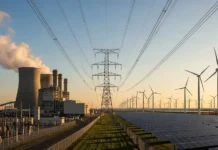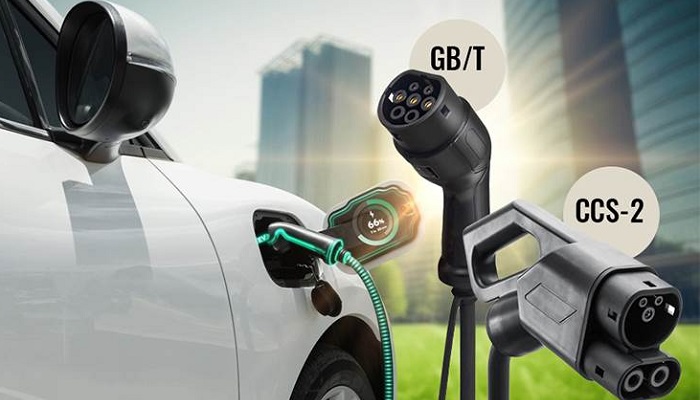Servotech Power Systems Ltd., a leading manufacturer of EV chargers and solar solutions has announced that it has filed two patents in the realm of EV charger technology to revolutionize EV charging infrastructure. These patents enable users to fast charge any GB/T Bharat DC 001 vehicle based on 72v/96VDC through a CCS2 connector using a small additional gadget. These two patents will transform the EV charging infrastructure using two different methodologies, contributing to a robust, interoperable, and cost-effective EV charging ecosystem.
Servotech Power Systems’ new technology holds the potential to revolutionize the EV charging landscape in India and other countries where the GB/T with LVDC standards are used. Additionally, this innovative breakthrough will also eliminate the need for dual infrastructure expenses by empowering users to charge GB/T Bharat DC 001 vehicles through widely available CCS2 chargers in the country. It will also benefit fleet services and vehicles like small trucks or lorries adhering to the GB/T Bharat DC 001 protocol by enabling charging via widespread CCS2 chargers. Now, these vehicles can access charging through the more abundant CCS2 chargers.
The GB/T Bharat DC 001 standard is a fast charging standard for electric vehicles that is widely used in India. The CCS2 standard is a global fast charging standard that is used in Europe, UK, and other countries. This visionary advancement also unlocks new markets for GB/T Bharat DC 001 vehicle manufacturers and significantly eases travel for EV owners between India and Europe.
Earlier, the company had also filed two patents intending to facilitate grid service optimization through a battery energy storage system and to effectively channel renewable energy into BESS for maximum value, enabling the transition to sustainable energy. These innovations transformed energy management and improved overall efficiency. Both of these cutting-edge technologies possessed applicability across a broad spectrum of fields, including solar and electric vehicle charging systems.










































